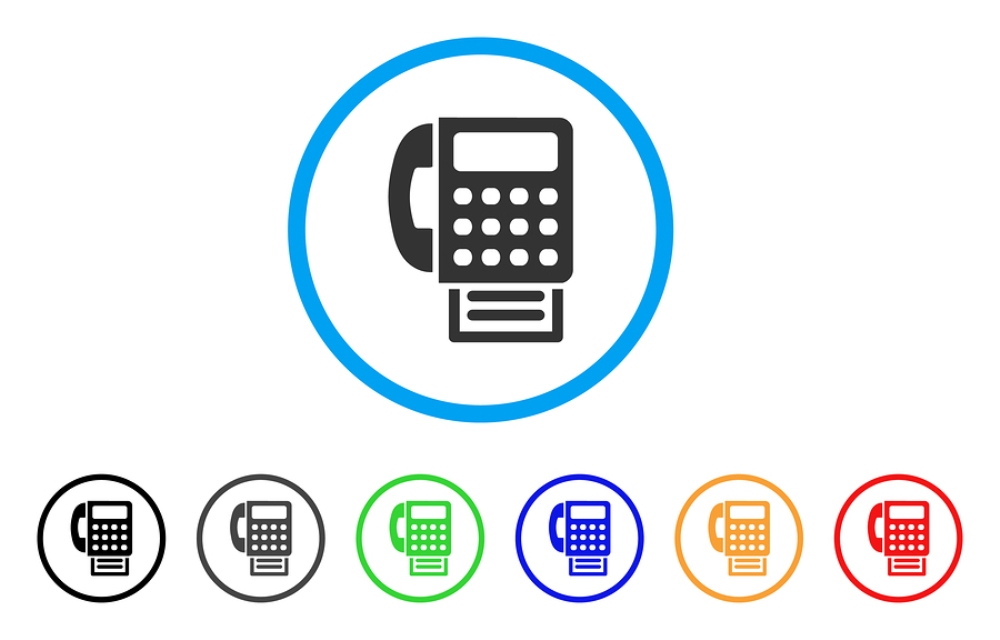
Healthcare providers must ensure they remain in compliance with all HIPAA regulations or face hefty fines and other penalties. However, there remains some confusion regarding certain portions of the Privacy Rule and how it impacts their practice. What are some major provisions relevant to these providers?
Protected Information
Medical records or individually identifiable health information of a patient or client remains protected under this law. This includes information shared in any form. For this reason, healthcare providers must take care when transmitting this information electronically, and they can learn more now at mFax about how to accomplish this goal.
Consent
Any healthcare provider who maintains a direct treatment relationship with a patient or client is required to obtain consent from the patient or client before they use or disclose information covered under HIPAA. This includes when they are carrying out treatment, securing payment, or engaging in other healthcare operations.
Public Health
A healthcare provider may wonder about sharing this information with public health authorities, a question that has come up due to the global pandemic. They are permitted to share this information with those public health officials authorized by law to either collect or receive it. However, they must be gathering this information in their efforts to protect public health. Otherwise, it is not shareable. This includes entities such as the Centers for Disease Control and Prevention and the Food and Drug Administration, along with other organizations.
Who is Considered a Public Health Authority?
Healthcare providers must also recognize who is considered a public health authority under HIPAA. The definition states it is an agency or authority of America, a state or territory, a political subdivision of a state, an Indian tribe, or someone acting on the authority of one of these agencies.
What Information May Be Shared?
Nevertheless, this doesn’t mean the healthcare provider may turn over a patient's or client’s entire record. They are required to limit the use or disclosure to the minimum necessary to achieve the intended purpose. This leads to a question of what is the minimum necessary.
What is the Minimum Necessary?
The healthcare provider determines the minimum amount of information they must provide to achieve the intended purpose. However, the provider may turn to the party making the request for help in determining what this is. This is referred to as reasonable reliance.
State Law and the Privacy Rule
What happens when state law is more stringent than HIPAA with regard to the privacy of the patient? This is a question that a good deal of healthcare providers have, especially those who deal with AIDS and HIV patients or mental health practitioners. State law will apply when it provides greater privacy protection than required under HIPAA. The confidentiality protections build upon one another. Patients can feel safe knowing their information won’t be shared unless absolutely mandatory.
Healthcare practitioners must ensure they remain in compliance with all laws regarding patient privacy. A failure to do so can lead to more than fines and penalties. It may lead to a loss of patients and clients. With many communications taking place electronically today, including tele-health visits, no healthcare provider can be too careful.
Fortunately, advances in faxing technology make it easier to share necessary information without fear of it being intercepted. Choose a HIPAA security compliant fax service and know your organization is safe. This will be one less thing for your team to worry about and you will still be providing the highest level of care for patients.
